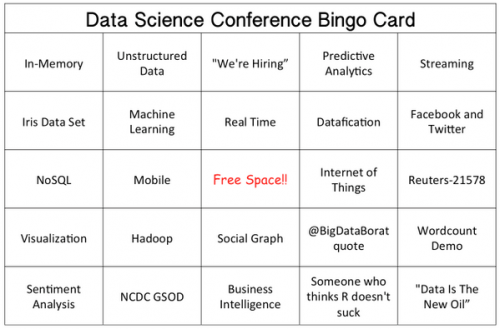They intentionally turn a blind eye to their sins.
For decades, students at Bob Jones University who sought counseling for sexual abuse were told not to report it because turning in an abuser from a fundamentalist Christian community would damage Jesus Christ. Administrators called victims liars and sinners.
But wait! Then they hired a Christian consulting group to independently help them grapple with the problem. That’s a step in the right direction.
But wait again! Now they’ve fired their consultants, because they were going beyond the originally outlined intentions
, that is, they were coming up with criticisms and answers they didn’t like.
This is how BJU handles assault complaints.
Erin Burchwell said that when she accused a university employee of sexually assaulting her in the late 1990s, “their idea of an investigation and counseling was to ask me what I was wearing and whether it was tight, and to tell me not to talk to anyone about it because it wouldn’t look good for me.” She said university officials alternated between “saying it never even happened and saying I was a willing participant.”
I doubt that I have many readers among the student body at BJU, but in case there are any, here’s my advice: get out while you can. Transfer to a real college.



